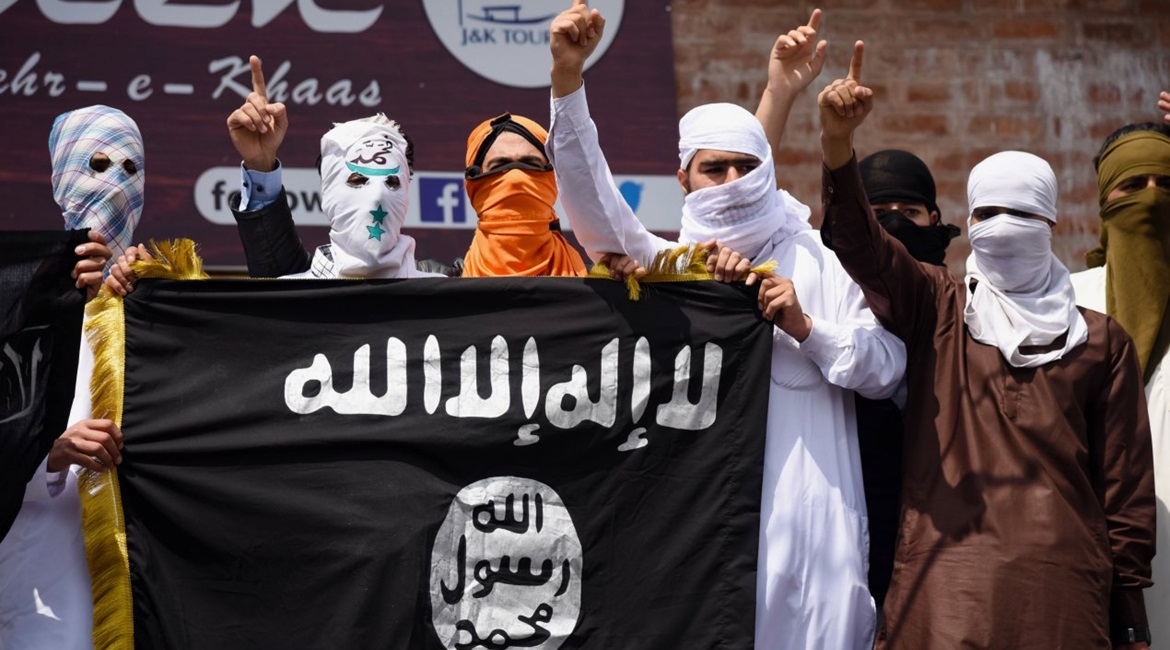
In early 2018, a small band claiming allegiance to the Islamic State’s Wilayat Khorasan began activities in India’s Jammu and Kashmir state. The group was led by a Kashmiri, identified as Dawood Ahmad Sufi, until his death in an armed fight with the security forces in June 2018. Sufi was succeeded by Ishfaq Ahmad, who was also killed in another clash with security forces in May 2019. Ahmad’s killing marked the erosion of Wilayat Khorasan’s foothold in Jammu and Kashmir, and for several months no activity in the state was recorded by Janes Terrorism and Insurgency Centre.
Until May 2019, Wilayat Khorasan had not formed ties with other militant groups in Kashmir, and had not received any support from the Pakistani Directorate of Inter-Services Intelligence (ISI), despite India’s repeated claims – that Pakistan has denied – that this was the case with non-state armed groups operating in Jammu and Kashmir. Two militants in Harakat-ul-Mujahideen (HuM), long active in Jammu and Kashmir, claimed to Janes in June 2020 that Wilayat Khorasan’s presence in the state had not been welcomed by the Pakistani ISI. They suggested that the ISI might have been involved in efforts to destroy Wilayat Khorasan’s nascent presence in Jammu and Kashmir.
First steps towards Jammu and Kashmir
In May 2019, the Islamic State established two new wilayas [provinces]: Wilayat Pakistan and Wilayat al-Hind, covering Pakistan and India, respectively. Wilayat Pakistan was mainly intended to support the ongoing effort of Wilayat Khorasan in Afghanistan and any future efforts in India’s Jammu and Kashmir state, while also trying to reinvigorate the lagging sectarian conflict in Pakistan.

Looking to read the full article?
Gain unlimited access to Janes news and more...






